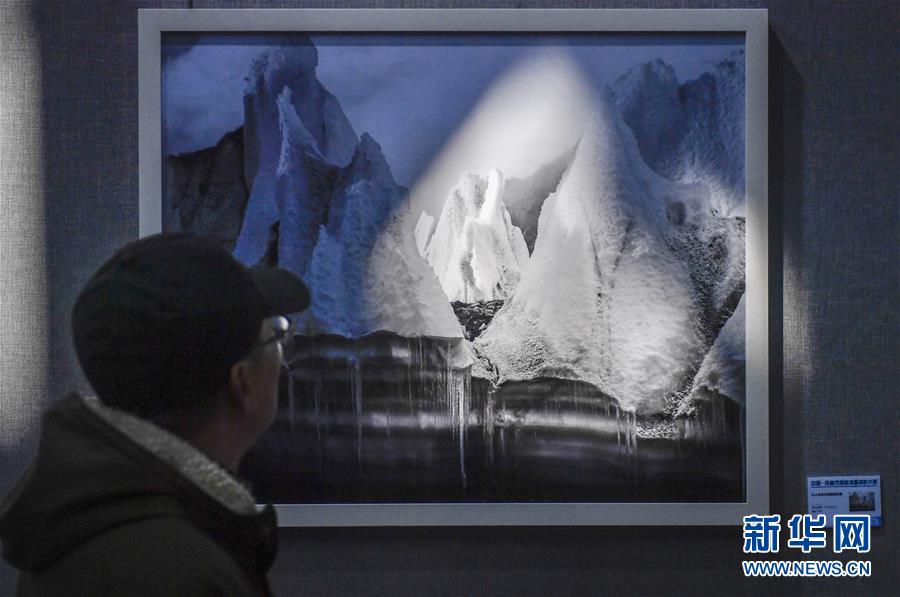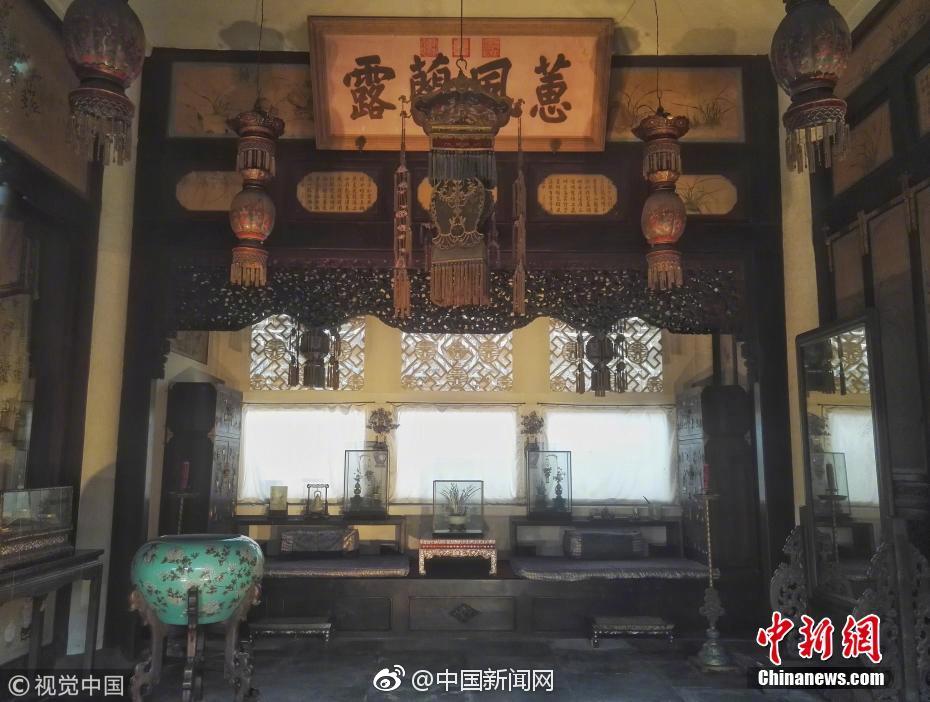ph365 com log in
2025-01-06 2020欧洲杯ph365 com log in
新闻
The City boss is enduring the worst run of his glittering managerial career after a six-game winless streak featuring five successive defeats and a calamitous 3-3 draw in a match his side had led 3-0. The 53-year-old, who has won 18 trophies since taking charge at the Etihad Stadium in 2016, signed a contract extension through to the summer of 2027 just over a week ago. Yet, despite his remarkable successes, he still considers himself vulnerable to the sack and has pleaded with the club to keep faith. “I don’t want to stay in the place if I feel like I’m a problem,” said the Spaniard, who watched in obvious frustration as City conceded three times in the last 15 minutes in a dramatic capitulation against Feyenoord in midweek. “I don’t want to stay here just because the contract is there. “My chairman knows it. I said to him, ‘Give me the chance to try come back’, and especially when everybody comes back (from injury) and see what happens. “After, if I’m not able to do it, we have to change because, of course, (the past) nine years are dead. “More than ever I ask to my hierarchy, give me the chance. “Will it be easy for me now? No. I have the feeling that still I have a job to do and I want to do it.” City have been hampered by a raft of injuries this term, most pertinently to midfield talisman and Ballon d’Or winner Rodri. The Euro 2024 winner is expected to miss the remainder of the season and his absence has been keenly felt over the past two months. Playmaker Kevin De Bruyne has also not started a match since September. The pressure continues to build with champions City facing a crucial trip to title rivals and Premier League leaders Liverpool on Sunday. Defeat would leave City trailing Arne Slot’s side by 11 points. “I don’t enjoy it at all, I don’t like it,” said Guardiola of his side’s current situation. “I sleep not as good as I slept when I won every game. “The sound, the smell, the perfume is not good enough right now. “But I’m the same person who won the four Premier Leagues in a row. I was happier because I ate better, lived better, but I was not thinking differently from who I am.” Guardiola is confident his side will not stop battling as they bid to get back on track. He said: “The people say, ‘Yeah, it’s the end of that’. Maybe, but we are in November. We will see what happens until the end. “What can you do? Cry for that? You don’t stay long – many, many years without fighting. That is what you try to look for, this is the best (way). “Why should we not believe? Why should it not happen with us?”My dear 2024, Letter writing may be a lost art in this digital age, yet there are moments when the weight of reflection demands the intimacy of a letter. So, dear 2024, consider this a heartfelt note from a Nigerian seeking to encapsulate the whirlwind of emotions, events, and transformations that have unfolded over the past twelve months. As I pen down these words, I do so with the awareness that you are not an ordinary year. Your arrival brought hope, but as the days rolled, that hope was replaced with hardship, struggle, perseverance and lessons. In this letter, as tricky as it may be, I will attempt to recount the key events that shaped you – the milestones that defined not only my life but the collective experience of a nation grappling with economic hardship, political uncertainty, and social upheaval. Nigeria stands at a crossroads, and you will be remembered as a year that tested our spirit and resolve. This is not just a recollection of facts but a narrative of survival in a land where, at times, the future seemed uncertain. You were, indeed harsh, but we, the Nigerian people, have shown remarkable resilience and perseverance. Despite the economic hardships you brought, with inflation, unemployment, and rising living costs affecting all, we have stood strong. Your visitation of economic hardships worsened by 34-40% inflation rate and supply chain disruptions, an embarrassing unemployment rate of 40%, and rising living costs affected both the high and the low. Almost all households felt your pinch. Nigeria›s food inflation rate rose to close to 40% by mid-year, pushing millions into poverty. National Bureau of Statistics reports indicated that over 71 million Nigerians faced food insecurity by the third quarter. The exchange rate rose by over 60%. Yet, amid these challenges, the Nigerian people showed remarkable resilience and perseverance. To put it into context, essential commodities such as rice, maize, and garri doubled in price within months. The petrol price fluctuated between ₦700 to ₦1200 per litre, severely impacting transportation and logistics. Even sachet water, popularly called ‹pure water›, became a luxury for many, reflecting the depth of economic strain. You made our economic thinkers and planners look clueless. Thank God we, the people, showed understanding with them. You brought needless political contentions –the Rivers crisis, contentious elections in Edo and Ondo states, the Kano Emir drama, the Old-New-Old national anthem, and “Endbadgovernance”demonstrations. An attempt to reform our tax system highlighted our stubborn ethnic fault lines. You were not short of drama, both relevant and irrelevant. The reinstatement of the old national anthem left citizens divided, as critics viewed it as distracting from pressing governance issues. However, amid these contentions, the Nigerian people stood united, showing remarkable solidarity. Despite the divisive nature of some of these events, we have remained a united front. Poverty and hunger became our companions, resulting in three deadly stampedes during palliative distributions in Oyo, Anambra, and the Federal Capital Territory (FCT), leaving no fewer than 60 people dead. Unemployment among the youth reached over 45%, with many university graduates resorting to menial jobs or leaving the country in search of greener pastures, contributing to the ongoing ‹Japa› wave. At the global scene, you delivered historic elections and global unrest. People in more than 60 countries— representing almost 50 per cent of the world’s population—went to the polls during the year. Voters in Mexico and the United Kingdom picked new leaders, while a former U.S. president was invited by voters back to the White House. In Nigeria, voter turnout in local elections dipped to a record low of 28%, reflecting growing disillusionment with governance. This disinterest was amplified by widespread insecurity, with over 1,500 reported cases of abduction and banditry disrupting daily life. Villages in Zamfara, Kaduna, and Borno faced relentless attacks, forcing thousands into internally displaced persons (IDP) camps. “Lakurawa” gained a strong foothold in parts of North-West states. Some strange things happened that we did not foresee. Greece extended adoption rights to same-sex couples, and Thailand legalised same-sex marriage, becoming the first country in Southeast Asia to do so. You gave LGBTQ+ rights activists something to celebrate. This felt strange in this part of the world, where same-sex relations remain criminalised, and social acceptance lags far behind. In Nigeria, lawmakers intensified efforts to uphold conservative values, with proposed bills aimed at further restricting LGBTQ+ rights. The disparity in cultural values highlighted the widening gap between regions of the world, reflecting the complex layers of societal evolution. You saw the world in turmoil, and the Russian vs Ukraine war continued unabated. This war brought about lots of military posturing, leading some to fear nuclear conflict between Russia and NATO. The conflict between Israel, Hamas, and Iran ramped up to greater heights. The Middle East is in commotion, with the war extending to Lebanon and Israel vowing not to stop until it wipes Hamas and Hezbollah out. Iran has shown its willingness to confront Israel, framing itself as the watchdog of the Middle East against Israel’s aggression. You also witnessed the collapse of the Assad regime in Syria, raising fears of extremist groups seizing power. Reports from the UN suggested that over 300,000 Syrian refugees fled to neighbouring countries by year-end, adding to the growing refugee crisis. But amid it all, you allowed some of my compatriots to think and look at things differently, to learn that hard work does not kill and bad governance is for a season. Despite the odds, small businesses grew by 7% in sectors like agriculture and technology, offering a glimmer of hope. Despite the increase in tariffs and persistent collapse of the national grid, there has been a marginal improvement in power output in homes and factories. The healthcare sector witnessed significant transformation in the past few months of 2024 because of incisive, superlative reforms and programmes. So far, 53,000 health workers have been re-trained—an impressive number—to deliver integrated, high-quality services. The Maternal and Newborn Mortality Reduction Initiative, which offers free caesarean sections to all eligible Nigerian women meeting the criteria, and the Nigeria Climate Change and Health Vulnerability and Adaptation (V&A) Assessment Report were launched. These initiatives represent a step forward in our healthcare system, offering hope for the future. Your successor, 2025, is shaping up to be quite the mixed bag — it’s like the year is expecting a baby, but no one knows if it’ll be a bundle of joy or a handful of trouble. Nigeria is trying really hard to stop putting all its eggs in the oil basket. There’s a lot of noise about agriculture, tech, and manufacturing stepping up. With this African Continental Free Trade Agreement (AfCFTA) getting more action, we might see Nigeria flexing as West Africa’s trade big brother. But let’s be honest — oil and gas aren’t going anywhere anytime soon. The Dangote Refinery finally kicking into gear might help us cut down on those expensive imported petroleum products. If it plays out right, that could mean fewer trade deficits and more jobs, which we desperately need. But you know how it is with oil — prices are like Lagos traffic, unpredictable and everywhere. Plus, the world’s moving towards greener energy, so we’ve got to figure out how to keep the money flowing long-term. Now, on the money front, I won’t sugarcoat it. Inflation and the exchange rate will probably keep dancing around, and not in a fun way. The Central Bank will try to keep things under control, but they’ll need serious foreign investment and more non-oil exports to make it work. The tech space is looking exciting, though. With all these young, sharp minds and everyone glued to their phones, Lagos and Abuja are becoming mini–Silicon Valley — fintech, e-commerce, aggrotech, you name it. Politically, Nigerians are still out here demanding real change. Anti-corruption will stay a hot topic — we’re all tired of the same old stories. There’s also this growing pressure for electoral reforms and better public services. Civil society is getting louder, and I’m here for it. But security? Whew. That’s going to be a big one. Between insurgency in the Northeast, banditry up North, and secessionist noise in the Southeast, the government has its hands full. It will take more than military action — they must dig into why these issues keep popping up. On top of that, some states are pushing harder for more control over their resources and policies. The whole decentralisation and restructuring debate might heat up. Meanwhile, you can bet politicians are already gearing up for 2027. Alliances will shift — it’s like watching chess, but with higher stakes. Look, Nigeria has its share of problems—inequality, environmental issues, governance struggles. But the potential? It’s huge. We’ve got the people and the energy, and if we can channel it right, the sky’s the limit. Here’s hoping 2025 is more of a blessing than a headache. As I look ahead to 2025, I do so with cautious optimism. While the road ahead remains uncertain, I am reminded that even in the darkest of times, resilience shines through. So, to everything we have passed through, thank you, 2024, for setting us free. 2025, if you’re reading, please be more liberal to us as a nation and as a people. May our leaders listen more and apply more wisdom. May 2025 usher in real hope, stability, and progress for Nigeria and the world. Wishing Nigerians a happy, peaceful, and prosperous new yearGreen and Jamiel score long TDs and Lehigh rallies to defeat Richmond 20-16 in FCS playoff opener
ph365 com log in
。
EAM Jaishankar To Visit Qatar From Dec 30 To Jan 1, Review Aspects Of Bilateral Relations
Asia-Pacific markets are set to open lower on the second last day of the year, tracking Wall Street's declines on Friday. Asia-Pacific markets were set to open lower on the penultimate trading day of this year, after Wall Street declined on Friday. > 24/7 San Diego news stream: Watch NBC 7 free wherever you are Australia's S&P/ASX 200 traded 0.3% lower in its first hour of trade. Japan's Nikkei 225 futures pointed to a weaker open for the market, with the futures contract in Chicago at 40,210 compared to the index's previous close of 40,281.16. This week, traders await China's manufacturing PMI on Tuesday, while markets will be closed on Wednesday for New Year's Day holiday. U.S. stocks fell Friday, led by technology names, but major indexes still rose for the week. The blue-chip Dow Jones Industrial Average shed 333.59 points, or 0.77%, to 42,992.21, falling for the first time in six sessions. The S&P 500 fell 1.11% to 5,970.84. The Nasdaq Composite slid 1.49% to 19,722.03, as Tesla dropped about 5% and Nvidia fell 2%. Money Report Stock futures inch lower as Wall Street readies for the final trading week of 2024: Live updates ‘Noctourism' is expected to be a big travel trend in 2025 —CNBC's Yun Li and Pia Singh contributed to this report. Also on CNBC 10-year Treasury yield rises, hovering near a seven-month high Japan's cabinet approves record $730 billion budget for next fiscal year China's industrial profits extend decline to a fourth straight month, dropping 7.3% in November
Led by unanimous No. 1 South Carolina, the top 12 teams were unchanged in The Associated Press Top 25 women's college basketball poll released Monday. The Gamecocks (4-0) received all 31 first-place votes after beating Coppin State and East Carolina by a combined 83 points last week. Following a game Wednesday at Clemson, coach Dawn Staley's squad will face its toughest test to date Sunday at No. 5 UCLA (4-0). No. 2 UConn (3-0), No. 3 Southern California (4-0) and No. 4 Texas (3-0) fill out the top five. The Bruins are followed by Notre Dame (4-0), LSU (4-0), Iowa State (4-0), Oklahoma (3-0) and Kansas State (3-0). The Fighting Irish visit the Trojans on Saturday for another top-10 showdown. No. 19 TCU (4-0) entered the poll with its highest ranking since 2008 after beating then-No. 13 North Carolina State on Sunday. The Wolfpack (2-2) fell seven slots to No. 20. Stanford dropped out of the rankings after losing Sunday at Indiana. The rest of the AP Top 25 women's poll: 11. Maryland (5-0) 12. Ohio State (3-0) 13. West Virginia (4-0) 14. Duke (4-1) 15. Kentucky (4-0) 16. North Carolina (3-1) 17. Ole Miss (2-1) 18. Baylor (3-1) 19. TCU (4-0) 20. NC State (2-2) 21. Nebraska (4-0 22. Illinois (3-0) 23. Oregon (4-0 24. Alabama (6-0) 25. Louisville (2-2) --Field Level Media
Broccoli and Stilton soup recipe will ‘boost your immunity’ with just 6 ingredients
Michigan upsets No. 2 Ohio State 13-10 for Wolverines' 4th straight win over bitter rival
UConn-Louisville to tip off 2025-26 season in Germany




